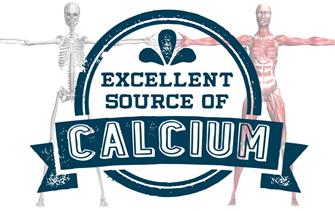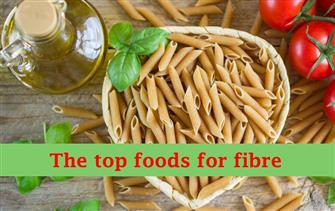What’s the difference between macro and micronutrients?
And are you getting enough?
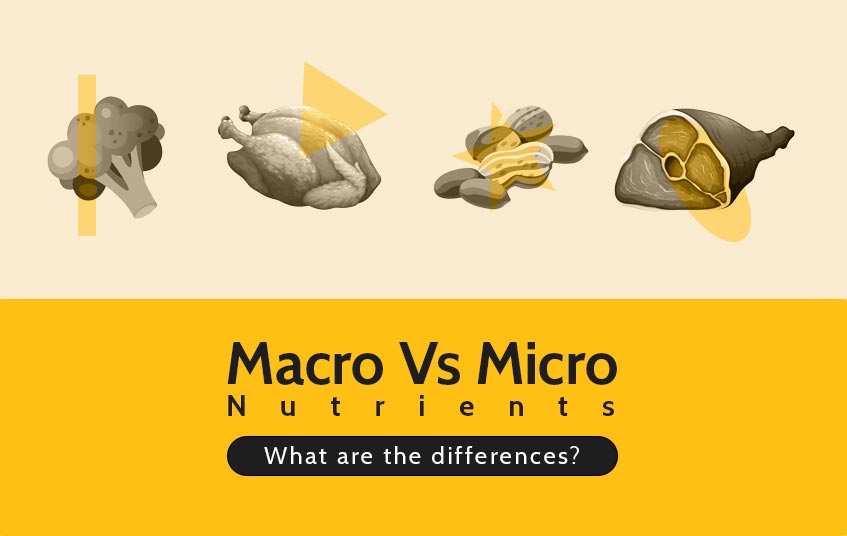
Share
We all know that good nutrition is really important, but with so much conflicting information it can be hard to figure out. For example, what are the differences between macro and micronutrients?
Macronutrients
When we think about nutrients we usually think about protein, carbohydrates and fats but these are actually macronutrients.
We need macronutrients in large amounts, for the growth and maintenance of all our cells, tissues and organs. They’re also needed to create the energy our bodies require on a daily basis!
Protein

Protein is vital and is required as a component of all the cells in our bodies, it’s needed for the
growth, repairing/healing and general maintenance of our bodies.
But watch out, because it’s not generally stored by our bodies, we must get it by eating regularly.
Find it in poultry, sardines, salmon, eggs, soya mince and more.. click here to see all foods
Carbohydrates

Carbohydrates are a large group of compounds that includes sugars, starch and fibre. These are broken down by our digestive system into simple sugars for energy. Cool.
They provide a vital source of energy for our brain, nervous system and muscles.
Find them in rice, pasta, bread, potatoes and more.. click here to see all foods
Dietary fibre

Dietary fibre is a type of carbohydrate. Now fibre has been in the news recently, as most people aren’t getting enough. But, high-fibre intakes have consistently been shown to promote healthy bowels, protect against heart disease, the development of type 2 diabetes and reduce the negative effects of diabetes!
Find it in pasta, beans, bread, sweet potatoes and more… click here to see all foods
Fats

Fats are a rich source of energy, a key component of cell membranes and signalling molecules and insulation for our neurons (a cell that transmits information around our bodies). 😮
Find them in lamb, pork, vegetable suet, kippers, avocados and more … click here to see all foods
What about micronutrients?
We’ve heard Jamie Oliver talking about them, he even had a whole TV series and book, Everyday Superfood where he couldn’t stop talking about them?
So, what are they?
It’s all in the name, they’re the nutrients you need in micro amounts, but don’t be fooled just because you don’t need much of them does not mean they’re not essential. In fact, if you don’t get enough of them it can lead to chronic diseases like heart disease, type 2 diabetes, some cancers and more.
I still don’t know what they are
They are simply; vitamins, minerals and phytochemicals. You’ve heard of them; vitamin A, vitamin C vitamin D, Iron, calcium, flavonoids etc. etc..
But if you only need a tiny amount of them how can they do any good?
They are called "essential micronutrients” and for good reason. Our bodies can’t make enough of them on its own, even the small amounts needed, so we need to eat a nutrient rich diet to make sure we get enough of them.
Vitamins

Vitamin are essential for the normal growth and development of a multicellular organism, that means us 😊 and once growth and development are completed, vitamins remain essential micronutrients for the healthy maintenance of the cells, tissues, and organs that make us up.
They are important for our immune systems to function properly, blood health, skin, eyesight and more.
Find them in meat, fish and vegetables; search for your favourite foods to see which vitamins they’re rich in!
Minerals

Minerals are elements that originate in the Earth and cannot be made by living organisms, including us. Plants get minerals from the soil, and most of the minerals in our diets come directly from plants or indirectly from animal sources.
Minerals are mainly used by the body to: build strong bones and teeth, control body fluids inside and outside cells, regulate our heartbeat and turn the food we eat into energy.
They maintain the internal balance of our bodies, so we remain in a stable and healthy state when external conditions around us change, and also play an essential role in the communication between our cells, for example calcium acts as a messenger between the cells of our brain.
Find them in meat, fish and vegetables; search for your favourite foods to see which minerals they’re rich in!
Phytochemicals

Phytochemicals are chemicals produced by plants to defend themselves against disease.
For example, plants protect themselves against bacteria, fungi, viruses and cell damage with phytosterols, carotenoids, flavonoids, isothiocyanates and similar chemicals. Research has shown that these same chemicals can prove equally beneficial to the human body, helping in areas like cancer, heart disease and diabetes prevention!
Find them in vegetables; search for your favourites to see which phytochemicals they’re rich in!
Now you know the differences between macro and micronutrients, how do you know if you’re getting enough in your diet?
Well you could take supplements, but a wealth of research has shown that these just don’t match up to their claims and in some cases can be bad for you.
Dr. Howard D. Sesso, associate professor of medicine at Harvard Medical School says
"You should ideally try to meet your vitamin and mineral needs through your diet rather than supplements."
And we whole heartedly agree.
Search for any ingredient or meal on CheckYourFood and you’ll see not only the macronutrients that most sites have, but also the top 6 micronutrients with how much of your RDA (recommended daily amount) they’re meeting.
Plus, if you need more of a particular macronutrient or micronutrient, just search for it, and you’ll see the top 6 foods with a link to all of the foods, for that nutrient. And you can filter by vegan and vegetarian!
Not only that, using the Free For Life account on CheckYourFood you can keep a food diary, on a daily basis, and see at a glance which nutrients you need more of and which you’re getting enough of. Simple!


Now check these out
Love this? Get blogs and more in your inbox
Subscribe to receive our blogs plus each weeks featured ingredient, recipe and nutrient in your inbox
Thank you for registering

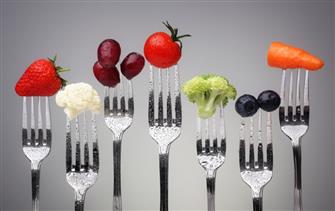 About nutrients
About nutrients
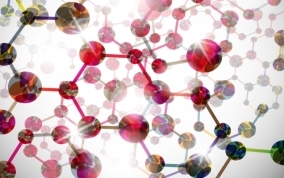 All nutrients
All nutrients
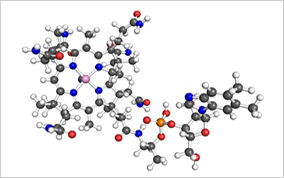 vitamins
vitamins
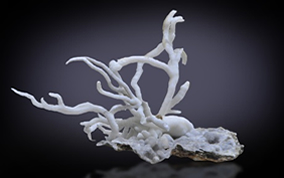 minerals
minerals
 phytochemicals
phytochemicals
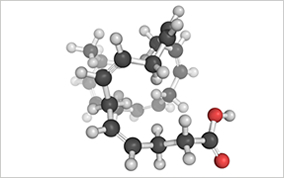 fatty acids
fatty acids
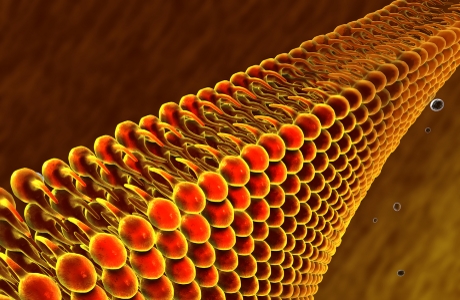 macronutrients
macronutrients
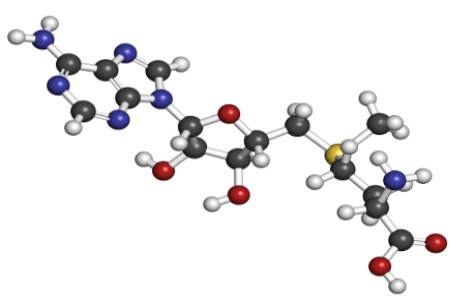 amino acids
amino acids

